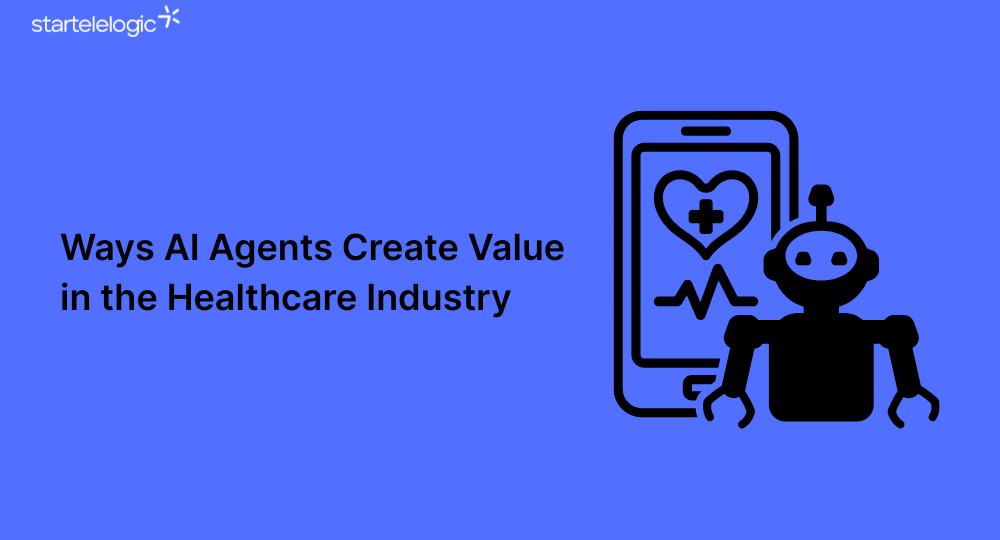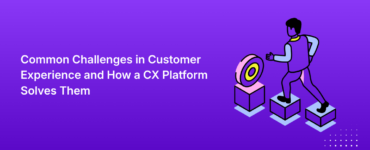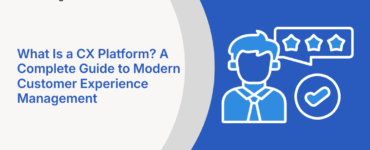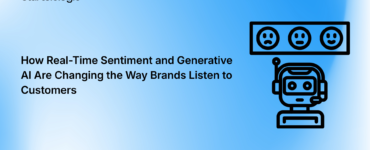Artificial Intelligence (AI) is rapidly reshaping every corner of our world—and healthcare is at the forefront of this revolution. From enhancing diagnostic accuracy and speeding up clinical decisions to streamlining hospital workflows and personalizing patient care, AI agents are no longer just futuristic tools—they’re active partners in modern medicine. These intelligent systems can analyze vast amounts of medical data in seconds, assist in early disease detection, optimize treatment plans, and even predict patient outcomes.
In this article, we’ll explore the powerful ways AI agents are delivering real, measurable value across the healthcare ecosystem. Whether you’re a clinician, administrator, or simply curious about the future of medicine, this guide will break it down in a clear, practical, and insightful way.
What Are AI Agents in Healthcare?
Put simply, AI agents are intelligent software systems designed to understand their surroundings, analyze complex data, and make decisions—either independently or with minimal human input—to accomplish specific tasks. In the healthcare sector, these agents are rapidly transforming the way care is delivered, managed, and optimized.
They come in various forms, each tailored to address critical needs. For instance:
- Machine learning models forecast disease progression, identify high-risk patients, and recommend personalized treatments.
- Natural Language Processing (NLP) tools extract insights from unstructured clinical notes, enabling faster diagnosis and better documentation.
- Virtual health assistants and chatbots support patients with appointment scheduling, medication reminders, symptom triage, and post-discharge care.
- Computer vision systems analyze radiology scans, pathology slides, and other medical images with precision often exceeding human accuracy.
Moreover, these AI agents are powered by vast datasets—ranging from electronic health records and lab results to genomic data and real-time monitoring from wearable devices. As they continue learning from new data, their ability to support clinicians, reduce administrative burden, and improve patient outcomes becomes even more impactful.
Now, let’s explore how these advanced technologies are driving tangible value across the healthcare ecosystem—from diagnostics and treatment to operations and patient engagement.
1. Transforming Medical Diagnostics
One of the most groundbreaking applications of AI in healthcare lies in medical diagnostics, where intelligent agents are revolutionizing how diseases are detected and treated. Powered by advanced deep learning algorithms, these systems are now capable of matching—and sometimes surpassing—human radiologists in accuracy.
Key diagnostic use cases include:
- Detecting tumors in mammograms with exceptional precision, enabling early breast cancer intervention.
- Identifying diabetic retinopathy from retinal images, thereby preventing vision loss.
- Diagnosing pneumonia and COVID-19 from chest X-rays, which accelerates treatment in urgent scenarios.
Importantly, unlike traditional diagnostic methods, AI agents can analyze thousands of images within seconds. Consequently, they offer not only speed but also consistency and objectivity—significantly reducing the risk of human error. This results in more accurate diagnoses, improved clinical workflows, and faster decision-making.
As AI continues to evolve, its diagnostic reach is expanding into areas such as pathology, dermatology, and cardiology—making early and accurate diagnosis the rule rather than the exception.
2. Enhancing Predictive Analytics for Preventive Care
AI agents are also revolutionizing preventive medicine by uncovering patterns in complex datasets that would otherwise go unnoticed. By continuously learning from both historical and real-time data, these systems allow healthcare providers to anticipate and prevent adverse outcomes.
Examples of predictive AI in action include:
- Early sepsis detection in ICU patients by tracking subtle physiological changes.
- Readmission risk assessments using EHRs, patient history, and social factors.
- Forecasting the progression of chronic conditions such as diabetes or heart failure.
As a result, clinicians are empowered to act early, personalize interventions, and improve patient outcomes—all while reducing unnecessary hospitalizations and lowering healthcare costs.
3. Delivering Precision Medicine and Personalized Care
Furthermore, AI agents are transforming precision medicine by tailoring care based on an individual’s genetics, lifestyle, and medical history.
Here’s how AI contributes to personalized care:
- Genomic analysis identifies disease-related mutations, enabling targeted therapies.
- Drug optimization models evaluate treatment options based on a patient’s biology.
- Lifestyle-based recommendations use wearable and clinical data to guide nutrition and behavior changes.
By translating vast biological datasets into actionable insights, AI helps shift healthcare toward a proactive and deeply personalized model.
4. Automating Administrative and Operational Workflows
While clinical applications get most of the spotlight, AI is quietly streamlining administrative functions behind the scenes. In doing so, it is reducing costs, improving efficiency, and easing the burden on healthcare workers.
Applications include:
- Accelerating insurance claims processing through NLP
- Predicting patient no-shows to improve appointment scheduling
- Automating triage to prioritize patients based on urgency
- Optimizing inventory using real-time demand forecasting
Consequently, hospitals can become more agile and responsive—delivering a smoother, more efficient patient experience.
5. Revolutionizing Drug Discovery and Clinical Trials
Traditional drug development is long and costly, but AI is rewriting this narrative by expediting every stage of the process.
AI is advancing drug discovery by:
- Simulating drug behavior using molecular modeling
- Repurposing existing drugs for new treatments
- Optimizing clinical trial design and patient recruitment
- Identifying novel therapeutic targets through genomic analysis
Notably, biotech pioneers like Insilico Medicine and Exscientia have already achieved remarkable breakthroughs—cutting years off development timelines.
6. Advancing Virtual Health Assistants and Patient Engagement
AI-powered virtual assistants are also redefining patient engagement. These tools offer 24/7 support and are particularly valuable in remote or underserved communities.
Capabilities include:
- Conducting symptom checks to reduce unnecessary ER visits
- Offering CBT-based mental health support
- Sending medication reminders to boost adherence
- Guiding post-operative care for better recovery
Because of their multilingual and empathetic design, these assistants help bridge access gaps and ensure patients feel supported throughout their care journey.
7. Empowering Remote Patient Monitoring (RPM)
Remote Patient Monitoring, powered by AI, is unlocking continuous care outside of hospitals. Wearables and IoT devices now feed real-time data to intelligent systems that detect abnormalities and guide interventions.
Key benefits include:
- Identifying arrhythmias or irregular heart rates
- Monitoring glucose levels for diabetic patients
- Alerting providers to critical changes in vital signs
- Personalizing physical therapy based on progress data
Thus, AI turns passive data collection into active clinical insight—paving the way for proactive, preventive healthcare.
8. Clinical Decision Support Systems (CDSS)
AI-enabled CDSS tools are enhancing how physicians make decisions at the point of care.
They provide:
- Alerts for potential drug interactions
- Diagnostic suggestions based on symptom profiles
- Real-time access to the latest clinical research
- Risk scores for diseases like sepsis or stroke
Rather than replacing doctors, these tools support them—improving safety, speed, and precision.
9. Enhancing Mental Health Interventions
Mental health is another promising frontier for AI. With the help of conversational agents, individuals can access real-time, stigma-free support.
Examples include:
- AI-based CBT programs that help reframe negative thought patterns
- Digital tools for early detection of mood changes or distress
- Support platforms that offer anonymity and availability, even during off-hours
This democratizes access to care and supports early intervention strategies.
10. Securing Patient Data and Detecting Fraud
As digital health data grows, so does the threat of breaches and fraud. Fortunately, AI agents are stepping in as powerful guardians of data security.
Their contributions include:
- Detecting billing fraud by identifying anomalies in financial data
- Monitoring cybersecurity threats in real time
- Flagging suspicious access to electronic health records based on behavior analysis
By proactively managing risks, AI not only protects sensitive information but also ensures compliance with evolving privacy standards.
Final Thoughts: The Future of AI in Healthcare
In conclusion, AI agents are not optional—they are foundational to a resilient, intelligent, and patient-focused healthcare system. By uniting the strengths of human judgment with machine precision, AI is driving progress across diagnostics, treatment, operations, and patient engagement.
As regulatory frameworks mature and ethical challenges are responsibly addressed, the pace of AI adoption will only accelerate. Ultimately, healthcare organizations that invest in AI today will be the ones shaping a safer, smarter, and more equitable future for all.




